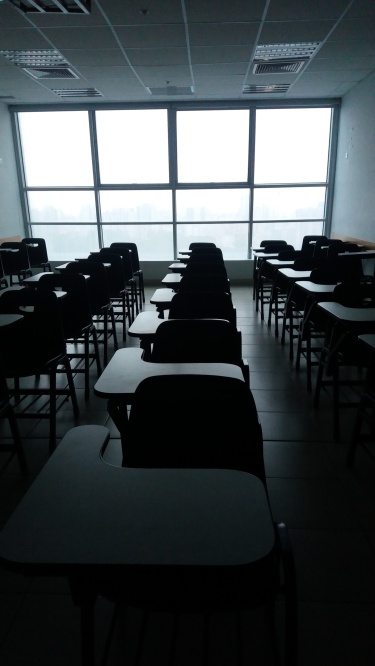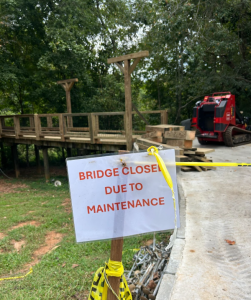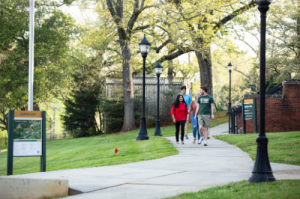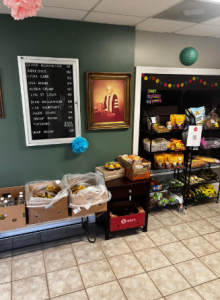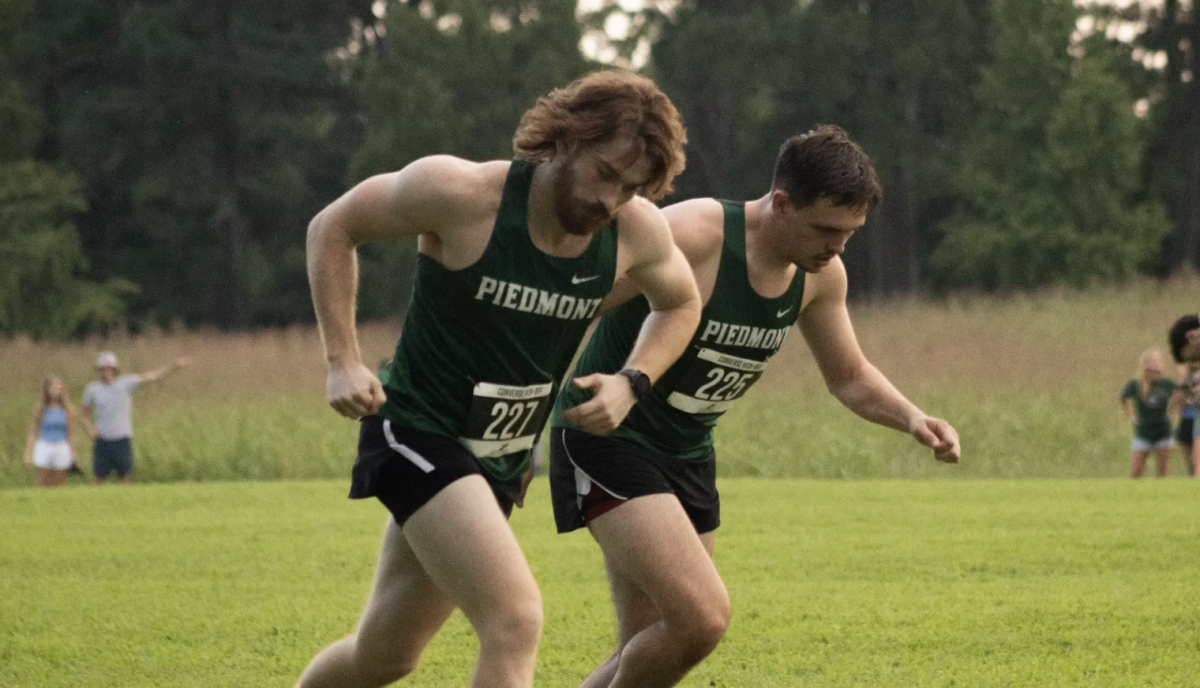Student-Teaching in a Pandemic
February 11, 2021
Due to the global pandemic, many college students have had to readjust their plans and expectations for experiential learning opportunities such as off-campus internships. For education majors, this has become especially challenging because student-teaching is seen as a finish line for future educators.
“I had an internship once, where I was supposed to be in the classroom one day a week,” said senior education major and student-teacher Kerilee Pruitt. “But because of the pandemic, it was converted into an online class. Where I had to do observations on an online platform called Atlas.”
Many new academic technologies have been implemented to help get students the experience they need to graduate. The education department at Piedmont has been using Atlas–a digital resource library used by teachers across the country–to allow students to observe classroom dynamics.
“I think Atlas, paired with the classwork my advisor gave me for the internship, introduced me to the ideas and practices of working in an actual classroom,” said Pruitt.
Atlas gives students access to a variety of videos that demonstrate classroom management techniques and different lesson plans for situations ranging from small group sessions to full class instruction. However, an internship through Atlas is not enough to satisfy an education major’s student-teaching requirement.
“Again, I think Atlas served as a good fill in for internship one because of the pandemic, but there is nothing like the experience of being in person and working in a classroom,” said Pruitt. “A video lesson cannot compare to working with actual students, and a host teacher.”
Future educators who are student-teaching in school systems where in-person instruction is an option are following all of the COVID-19 related rules in order to protect both the students’ health and their own.
“We wear our masks to protect those students because they are now our priority,” said Pruitt. “Their education, well being and safety are now also in your hands along with their teacher’s.”
Besides the long-term health risks presented by the virus, there’s another layer of challenges brought on by the spread of COVID-19 in schools. Spending time in quarantine can disrupt a child’s learning for longer than just the time spent out of the classroom.
“Students are being sent home for a week quarantined,” said Pruitt. “They lose instruction, and have to play catch up when they come back. This is especially hard for elementary students, they lose one week of school and they lose a ton of lessons.”
Some teachers and student-teachers have noticed that time spent away from the classroom due to quarantine can set the children behind in more than just their lessons–it also takes them away from their routines.
“They’ve been at home, where their behavior management has switched from the behavior management plan of the classroom,” said Pruitt. “When they come back they have to learn to readjust to that, as well as their classwork. It’s hard!”
Despite all of the challenges COVID-19 has presented to instruction both at Piedmont and in GA public school systems, the education department faculty and students are doing all they can to continue moving forward.
“You have an impact and you have a responsibility to these students to be your best, and to do your best,” said Pruitt. “It’s okay to get discouraged, but always pick your head back up because they are now students depending on you for their education, well being, and safety.”


